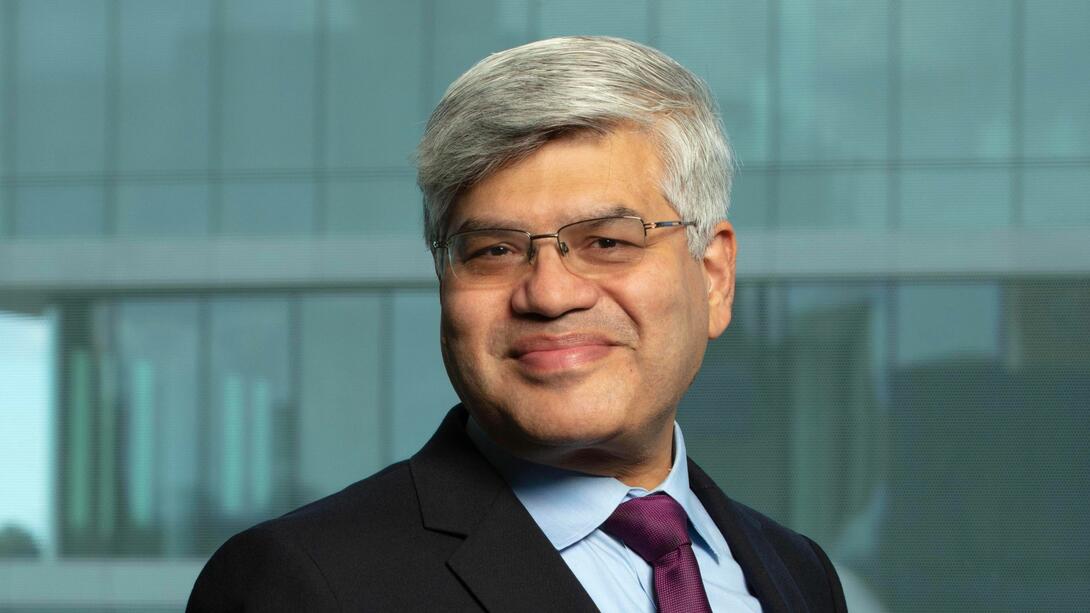ESG Investing (Online): Building and Managing a Sustainable Global PortfolioNEW
ESG Investing (Online): Building and Managing a Sustainable Global Portfolio
What started as a corporate social responsibility initiative by the United Nations 20 years ago has swelled into the Environmental, Social, and Governance (ESG) movement. Many financial institutions and organizations have launched sustainability initiatives related to its governance, but there are critical questions to ask as we evaluate ESG investments, such as:
- What are the key differences between public equity and public debt investing and between public and private markets?
- What are the key regulatory efforts in ESG investing in the United States, Europe, and China?
- How does a portfolio manager incorporate ESG factors into investment analysis?
- How are investors thinking about climate change risk, and is there a useful framework that helps simplify this topic for capital allocators?
Please contact our partners at Emeritus at columbia@emeritus.org, +1 315-982-5094, or +1 315-277-2746 for a personal conversation about this program and how it may benefit you.
Delivered in collaboration with

Impact
After taking this program, you will be able to:
- Examine the origins of the stakeholder movement, which forms the basis for ESG investing
- Utilize ESG reporting frameworks appropriate for your industry
- Analyze ESG ratings and supplementary data to ensure sound investment decisions
- Explain how organizations are responding to climate risk
- Use ESG data to inform stock picks and portfolio allocation decisions
- Describe the future of ESG investing and how it will evolve
Program Structure
This program covers finance and sustainability as integrated subjects, beginning with an introduction to financial and investment principles and ending with financial analysis, financing, and valuation.
Participant Profile
While there are no specific prerequisites in terms of content knowledge, this program is designed for those who have experience in corporate finance, investment management, or banking.
The program is ideal for:
- Senior executives who seek to understand the current sustainable investing landscape and incorporate sustainability factors into their organizations' financial and investment decisions
- Mid-Career managers and analysts who serve in finance or investment functions and play a key role in their organizations' financial matters
Faculty
All certificate images are for illustrative purposes only and may be subject to change at the discretion of Columbia Business School Executive Education.
Sign Up for Email Alerts
Sign up for program updates and content relevant to today's business leaders from Columbia Business School Executive Education.

